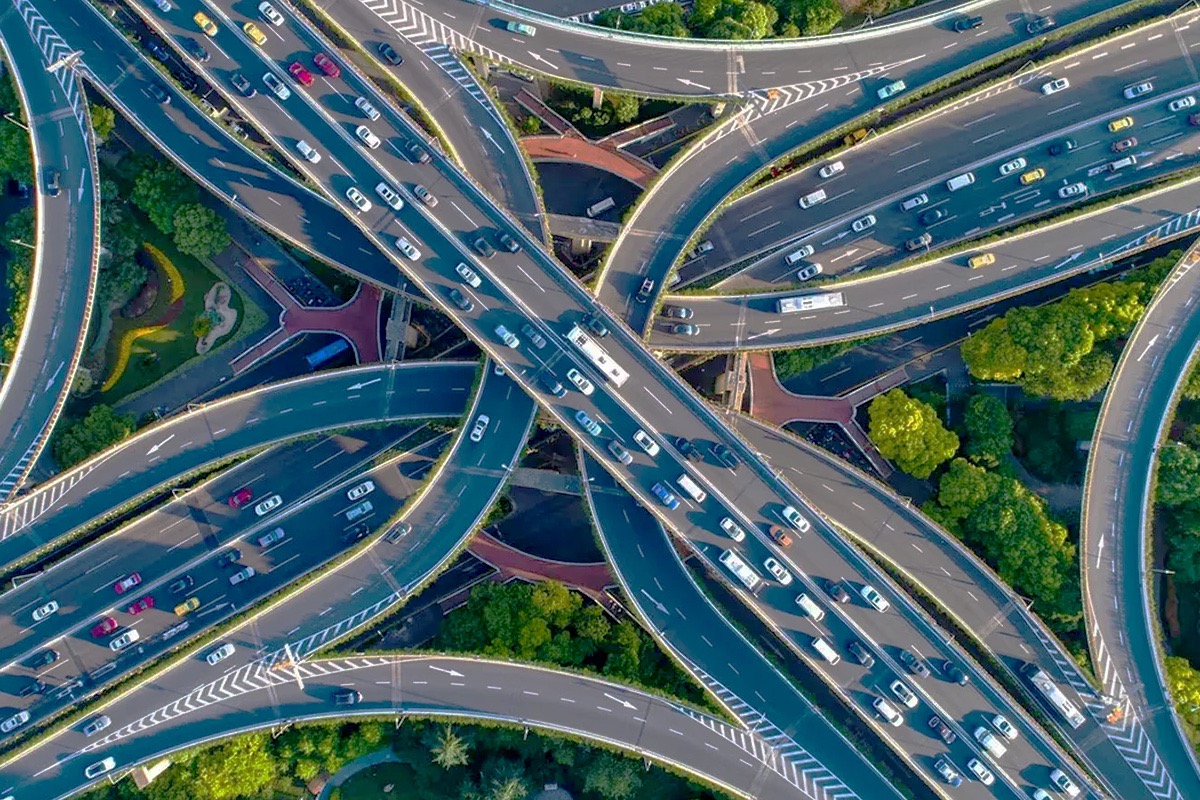With a potential GDP growth of 6.0 percent to 6.8 percent in 2023-24, as projected by the economic survey, boosting the infrastructural growth prudently is a must for India. Anticipating this, the Union Budget 2023 has optimistically addressed the importance of infrastructure growth in the country. The government has allocated a significant amount of funds for the development of various infrastructure projects across India, to improve the ease of doing business and the standard of living.
The National Infrastructure Pipeline (NIP), which was launched in 2019, has received a significant allocation of Rs. 15.10 lakh crore in the Union Budget 2023. Coming as a sharp 33% raise in the proposed capital funding, the NIP is aimed at creating a pipeline of projects that can be executed in the short-term and medium-term, thereby concretely establishing infrastructure in tier 1 and tier 2 cities. This allocation for the NIP is expected to also address the infrastructure inadequacy and deficit in the country and provide a fillip to employment generation.
The transportation sector has also received the most significant allocation in the budget, with a focus on both road and air transportation. The government has allocated Rs. 1.41 lakh crore for the development of national highways and Rs. 2,500 crores for regional connectivity through the regional air connectivity scheme. These investments are expected to improve transportation infrastructure and reduce travel time and costs, increasing the efficiency and productivity of the cities, which will further benefit businesses and people alike.
Integrated and comprehensive development of the transportation infrastructure is expected to be achieved through the ambitious PM Gati-Shakti Yojana, highlighting the government’s focus on improving the nationwide mobility of goods and people. In terms of the public transportation serving metropolitan areas, the budget proposed the unification of transport authorities and formulating one-single user card for all sorts of public transport. These interventions are again aimed at improving the quality of life of daily commuters who formulate a major portion of middle-income groups residing in Indian urban areas.
Physical and social infrastructure has also received important provisions in the budget, with the government allocating Rs. 1.41 lakh crore for the development of physical infra such as water supply systems, sewage & drainage systems etc. This allocation is set to further the observations made in the economic survey 22-23 about the achievements made by urban infra schemes such as AMRUT.
In conclusion, from adopting robust financial mechanisms to increasing investments in infrastructural projects and from aiming a comprehensive growth in transportation-related infra to boosting basic infrastructure in cities, the budget 2023 aims to forge a fusion of ‘Gati’ and ‘Shakti’ for ensuring sustainable urban development of India, thereby bringing ease of living to the citizens. Given this special emphasis on infrastructural growth, there is no doubt that this budget sets the tone for India’s further economic growth as it marches ahead in the ‘Amrit Kaal’.
(Author is a PhD Scholar in Development Studies at ISEG, Lisbon & Head of Urban Affairs at BNCA, Pune. These are the author’s views and not that of The New Indian)

